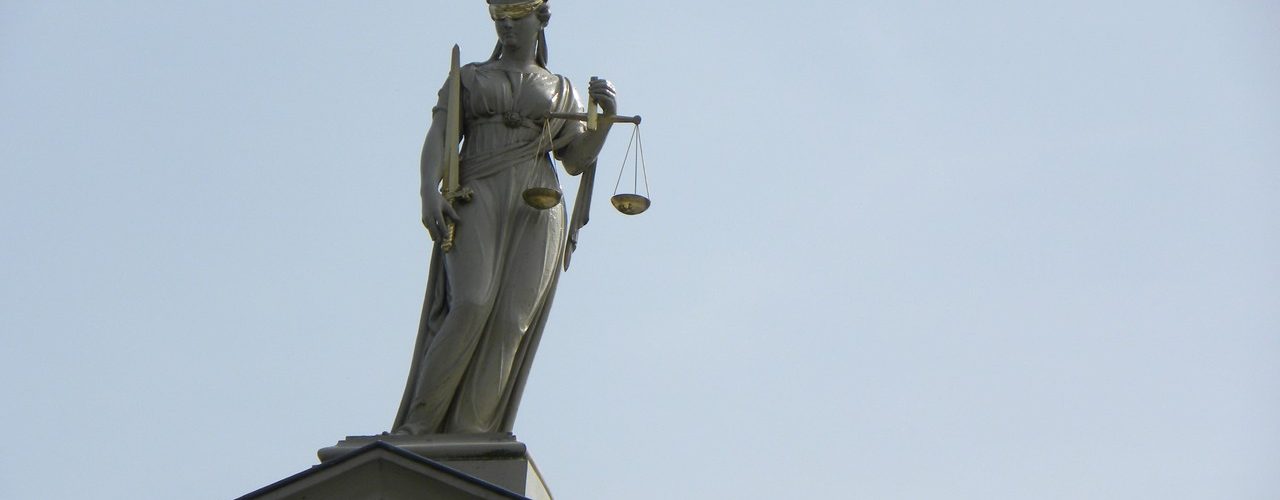Articles in the EU VAT Directive 2006/112/EC
Articles 2(1)(a) and (c), Article 14(1), Article 24(1) and Article 98(1) to (3) of the EU VAT Directive 2006/112/EC
Article 2 (Taxable transaction)
1. The following transactions shall be subject to VAT:
(a) the supply of goods for consideration within the territory of a Member State by a taxable person acting as such;
(c) the supply of services for consideration within the territory of a Member State by a taxable person acting as such;
Article 14 (Taxable transaction)
1. ‘Supply of goods’ shall mean the transfer of the right to dispose of tangible property as owner.
Article 24 (Taxable transaction)
1. ‘Supply of services’ shall mean any transaction which does not constitute a supply of goods.
Article 98 (Reduced VAT rates)
1. Member States may apply either one or two reduced rates.
2. The reduced rates shall apply only to supplies of goods or services in the categories set out in Annex III.
The reduced rates shall not apply to electronically supplied services with the exception of those falling under point (6) of Annex III.
3. When applying the reduced rates provided for in paragraph 1 to categories of goods, Member States may use the Combined Nomenclature to establish the precise coverage of the category concerned.
Facts
- The dispute concerns the amount of the reduced VAT rate that should apply to the supply of the beverage ‘Classic Hot Chocolate’ – hot chocolate made from milk and chocolate
syrup. - According to the opinion of the Director of the National Tax Information Tax Information Service, hereinafter referred to as the ‘tax administrator’) contained in a binding communication on the tax rate of 17 June 2020, for the purposes of applying VAT, it is necessary to both the sale of the said drink to go and the sale on on the spot. The activities of preparing and serving the goods to the customer for direct consumption constitute ancillary services connected with that supply. With reference to the content of Article 5a, Article 41(1), Article 41(2), Article 41(12f), Article 146aa(1) (1) and (2) of the VAT Act and the principles of classification of services according to the PKWiU applicable under the PKWiU Regulation as from 1 July 2020, it was however recognised that the amount of the above supply is subject to the 8% VAT rate as it is to be considered as a service falling under PKWiU 56 – ‘Catering services’.
- The applicant appealed against that decision and argued that it should be the rate of 5 % should be applied, similarly to other supplies of goods listed in Annex 10 to the VAT Act. It pointed to a breach of the principle of neutrality of VAT, the conditions of competition, incorrect application of the VAT Act and the similarity common characteristics in relation to products similar to the drink in question.
- The tax authority’s decision of 11 December 2020 confirmed its own decision issued at first instance.
- The applicant brought an action before the Wojewódzki Sąd Administracyjny w Wrocław (Voivodship Administrative Court in Wrocław, Poland) (referring court).
Questions
1. Does Article 2(1)(a) and (c), Article 14(1), Article 24(1) and Article 98(1) to (3) of Council Directive 2006/112/EC of 28 November 2006 on the common system of taxation on value added tax (OJ 2006 L 347, p. 1) preclude, in read in conjunction with Article 6(1) and (2) of Council Implementing Regulation (EU) No 282/2011 of 15 November 2011 on the application of the VAT Directive of March 2011 laying down implementing measures for Directive 2006/112/EC on the common system of value added tax Directive 2006/112/EC on the common system of value added tax (recast) (OJ 2011 L7, p. 1), in conjunction with points 1 and 12a of Annex III to that Directive and points 4 and 7 of recitals 8 and 12 of the VAT Directive, as well as the principle of loyal cooperation, the principle of tax neutrality, the principle of the legality of taxation and the principle of legal certainty of such national legislation legislation, such as that at issue in the present case, which provides for a reduced VAT rate in 5 % for foodstuffs, including beverages containing milk, by reference to the code Combined Nomenclature (CN) code 2202, while excluding foodstuffs from that rate, other than beverages containing milk, which are classified as services catering services on the basis of the Polish Statistical Classification (PKWiU 56), and applies a reduced rate to these goods (their supply or services) VAT at the rate of 8 % if the average consumer, when purchasing those goods or considers those goods (services) to satisfy the same need?
2. Is the principle of tax neutrality and the principle of legal certainty compatible with the administrative practice which leads to the application of two different reduced VAT rates on goods, which have the same objective characteristics and features, depending on the provision of services consisting in the preparation and supply of such goods, thereby adistinguishing between goods from a subjective rather than an objective point of view?
Source















